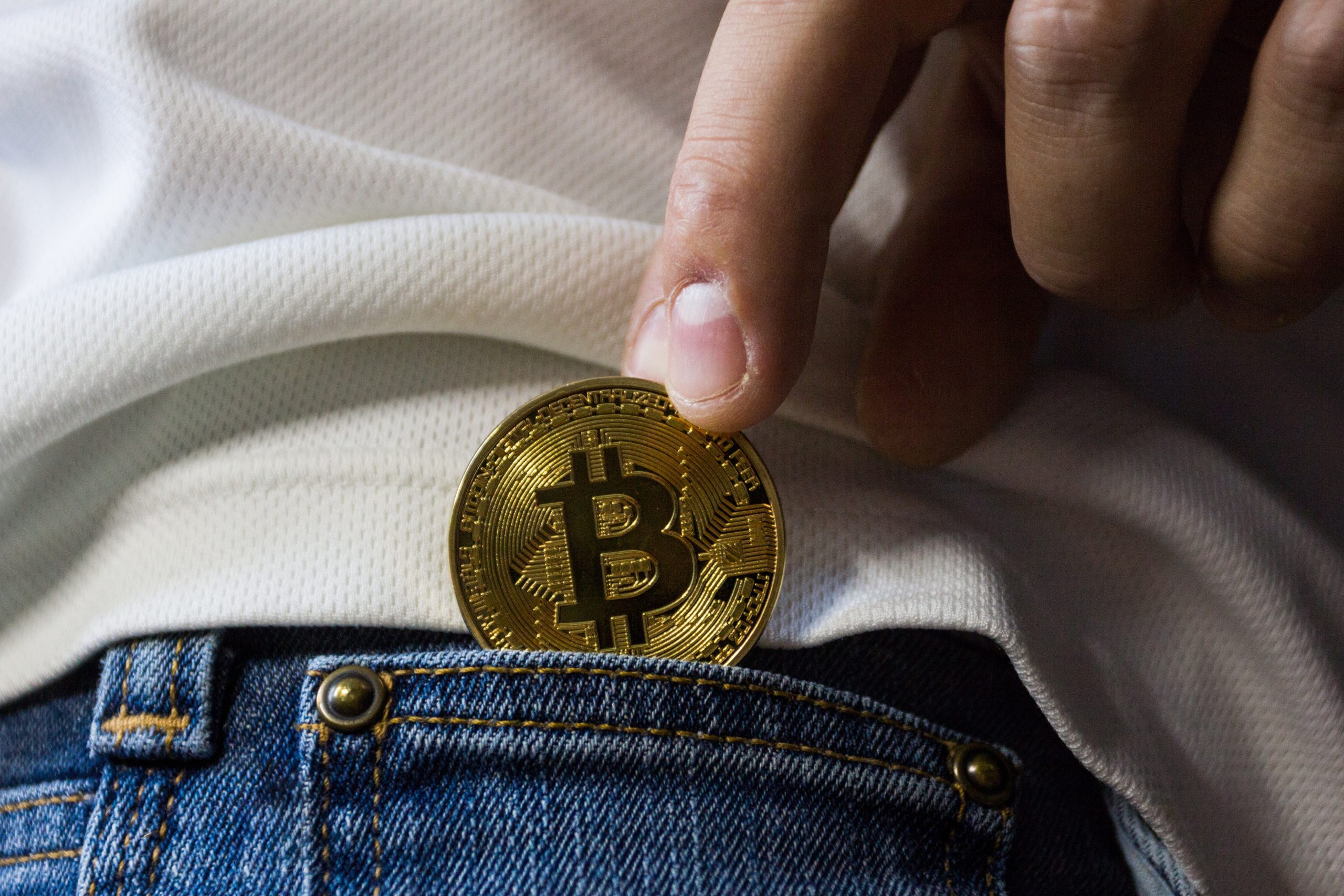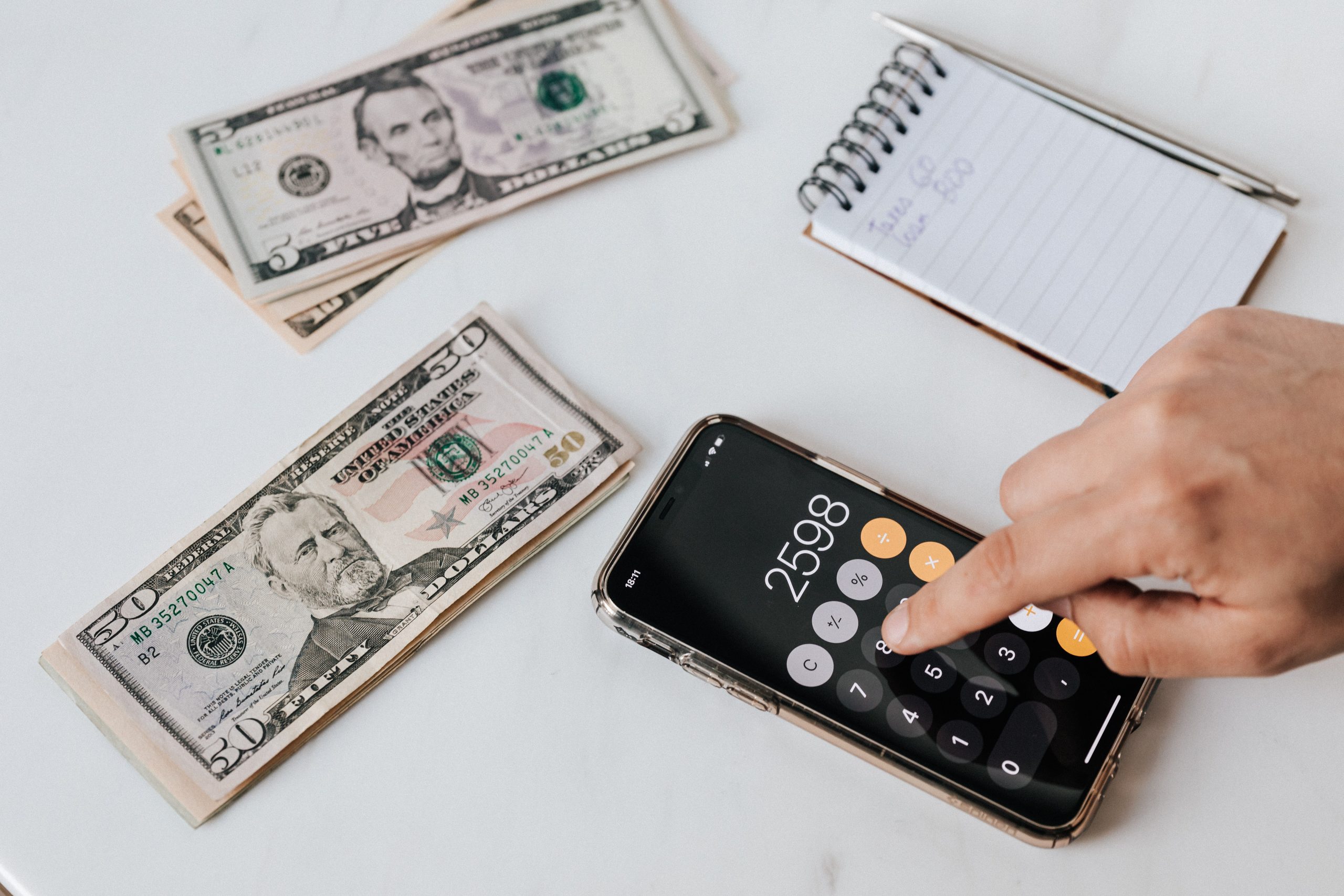In the rapidly evolving landscape of the digital age, Bitcoin has emerged as a symbol of both financial innovation and personal wealth. Beyond its role as a decentralized digital currency, Bitcoin has found its way into the realm of luxury, captivating the attention of high-end consumers and reshaping the notion of what constitutes a status symbol.
While luxury traditionally conjures images of opulent mansions, high-end fashion, and extravagant automobiles, Bitcoin represents a new breed of luxury, one that resides in the virtual realm. Its appeal lies not in material possession but in the allure of being part of a select group of individuals who possess the digital asset.
The increasing integration of Bitcoin into the luxury market can be attributed to several factors. Firstly, its limited supply and decentralized nature align with the exclusivity and scarcity that luxury consumers seek. Bitcoin’s finite quantity of 21 million coins, combined with its decentralized network, creates a sense of rarity and independence that resonates with those seeking to stand out in a world of mass consumption.
Furthermore, the concept of Bitcoin as an alternative investment has gained traction among the affluent. In an era of economic uncertainty, where traditional financial systems have faltered, Bitcoin’s decentralized nature and potential for high returns have enticed investors looking for diversification and hedging strategies. As more high-net-worth individuals allocate a portion of their wealth to cryptocurrencies, the desirability of Bitcoin as a status symbol grows.
Luxury brands have taken note of this shifting trend and are adapting accordingly. Companies like Hublot, a Swiss luxury watchmaker, have introduced limited-edition timepieces that can only be purchased with Bitcoin. By embracing cryptocurrencies, these brands not only tap into a new customer base but also align themselves with the values of innovation and technological advancement.
However, this fusion of Bitcoin and luxury is not without controversy. Critics argue that the environmental impact of Bitcoin mining contradicts the sustainability goals that many luxury brands claim to uphold. The energy-intensive process of mining, which relies on powerful computers solving complex mathematical problems, consumes vast amounts of electricity, predominantly derived from fossil fuels.
To address these concerns, some luxury brands are exploring more sustainable approaches to Bitcoin integration. For instance, certain companies are partnering with renewable energy projects to offset the carbon footprint associated with Bitcoin transactions, ensuring that their embrace of cryptocurrencies aligns with their commitment to environmental stewardship.
As Bitcoin continues to mature and gain wider acceptance, its influence on the luxury market is likely to grow. The digital currency’s ability to transcend borders, its association with cutting-edge technology, and its allure of exclusivity make it an ideal match for the aspirational desires of luxury consumers in the digital age.
The convergence of Bitcoin and luxury represents a paradigm shift, challenging conventional notions of what constitutes a status symbol. While diamonds and designer handbags may still hold allure, Bitcoin has introduced a new dimension to the luxury market—one that is both intangible and empowered by the digital revolution.
As society moves further into the digital age, it is becoming increasingly clear that Bitcoin’s impact extends beyond the realm of finance. It has become a potent symbol of personal wealth, technological prowess, and a statement of belonging to an exclusive club. Whether it can sustain this position in the ever-changing landscape of luxury remains to be seen, but for now, Bitcoin stands as a status symbol for the digital age.
Disclaimer: The views and opinions expressed in this article are those of the author and do not necessarily reflect the official policy or position of any news organization or media outlet.











